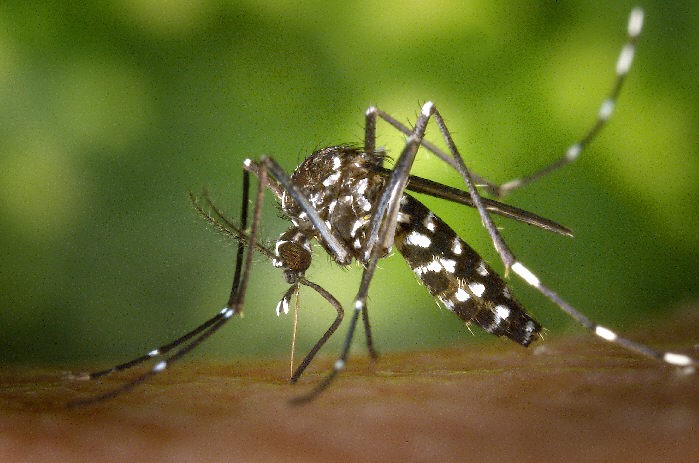Two people died of dengue fever since the Ministry of Health and Wellness declared an outbreak in the country last October, while in January alone there were more than 500 cases of the illness.
This was revealed by Chief Medical Officer (CMO) Dr Kenneth George during the Estimates debate in the House of Assembly on Friday.
But he assured Barbadians that the situation with the mosquito-borne disease had “returned to normal”.
“We are managing the situation to the best of our ability and the level and numbers have come down slowly. They have returned to normal, but we are still in outbreak mode, but we are in a much better place than when we started,” he stated from the Well of Parliament where he joined other senior officials of the ministry.
“We have had two deaths associated with the dengue fever outbreak and hospitalisations with serious outcomes like shock and haemorrhagic fever have been fairly well controlled,” he added.
In his presentation, the CMO also reported to the Lower House that COVID-19 cases on the island “remain low” even though he conceded there were some respiratory illnesses reported in recent months, but those were also trending downward.
Also contributing to the discussion was Senior Medical Officer Dr Leslie Rollock who told the Chamber that dengue fever was now endemic in Barbados with cases reported throughout the year.
“From time to time, according to the conditions that occur, the number of cases will go over a threshold and we will say that we have an outbreak” she said.
This, she explained, occurred in October 2023, after no cases were recorded for two years. Dr Rollock outlined that from laboratory tests conducted, it was discovered that two types of dengue were circulating in the population – sub-type II and III.
She told the Chamber that in circumstances where there were multiple subtypes on the island, the likelihood of severe disease increased significantly.
According to Dr Rollock: “In January 2024, with over 500 cases, we’ve had more hospitalisations because persons are recognising warning signs and are bringing people to the hospital. We have had very few deaths and those have occurred in persons who had other comorbidities and illnesses that made them more likely not to survive the severe stage of dengue infection.”
She explained the number of cases dropped in February this year to under 350 and the team in the Ministry of Health was hopeful the downward trend will continue in March.
Dr Rollock said the ministry was seeking the public’s cooperation in reducing the breeding sites and, by extension, cutting the number of dengue fever cases.
“To actually stop the outbreak, we need to kill off the adult mosquito to contain the viruses, and to do that, we need to fog. To prevent new mosquitos being infected, we need householders and we have asked them as well as the Environmental Health Department to look for the larvae in places where they may be breeding and destroy them,” she said.
“We have been speaking to the public and encouraging them . . . to go out into the community, look for the larvae, throw them away, scrub the containers and for the fogging to occur in the areas”. (IMC1)




